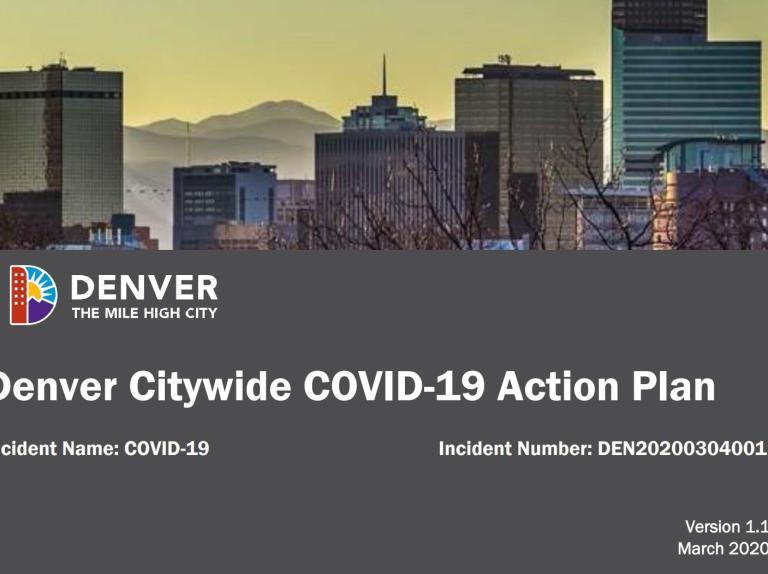
By Matthew Ozuna
As during any crisis, communication and collaboration play critical roles in the protection of a destination brand and community. Now is the time, amid global pandemic and economic uncertainty, to implement the crisis communication plan for your destination organization.
To help our members prepare and manage emergencies such as these, Destinations International and the Destinations International Foundation recently released a Crisis Response Handbook. In the handbook, destination professionals will find a crisis communications plan template and interviews with industry leaders. Below are key tips for activating your activating your own crisis communications plan.
Designate a Public Point of Contact
Crisis communication plans provide accurate, clear and timely information to target audiences in times of emergencies. They designate an Emergency Response Team (ERT) comprised of destination organization executives as well as security, operations and public affairs personnel. They also designate a single point of contact from the ERT to handle media and public statements.
Form Partnerships During the Crisis
Destination organizations will also form new partnerships and procedures as a result of COVID-19. They may be asked to contribute to a community-wide “COVID-19 Action Plan” or serve on a “COVID-19 Coalition” taskforce. In addition to collaborating with board members and other tourism stakeholders, destination organizations should also work closely with local government, health departments, law enforcement, private healthcare providers and chambers of commerce.

Be Proactive, Transparent and Accountable with the Media
When communicating to and through the media in an emergency, destination organizations must be proactive, transparent and accountable. Towing the industry line during a time of crisis will not suffice.
Destination organizations should have the community at heart; in other words, what is good for the community is good for tourism. This message conveys a sense of empathy and unity which should resonate in a holding statement delivered at the first signs of community distress.
Holding statements are key components to any crisis communication plan. They control the tone and message of a developing crisis. These statements should also convey action, credibility and reassurance. For example, destination organizations should forge relationships with the media and keep the public abreast of the latest developments associated with crises. Specifically, holding statements should mention when are where future updates will occur.

Put All Available Resources on Your Website
On their websites, destination organizations should link to community resources via a special landing page dedicated to the coronavirus. These pages should include information on travel restrictions, business and attraction closures, canceled events as well as ways to support local businesses that are open and ways to explore outdoor tourism assets. They should also include resources for affected businesses and employees. For example, links to low-interest loan guarantees as well as tax credit, cut or deferment options would help inform and reassure small businesses. Additionally, employees may find solace from information pertaining to paid leave, paid sick leave, food aid, unemployment programs and benefits, as well as tax cuts and deferments.

Create and Update Your Own Crisis Communications Plan
As a trusted source of information for visitors and residents, destination organizations play a crucial role in the emergency management and economic recovery of their communities. Within this role, destination organizations are also responsible for crisis communication. The resources and recommendations from Destinations International provide destination professionals with an outline of a crisis communication plan. With proper planning and preparation, destination professionals can lead their organizations and communities through the most difficult of times.
About the Author

Advocacy & Data Manager
Destinations International
Before assuming the position of Advocacy and Data Manager, Matt worked with Destinations International's Membership Engagement Team and managed two political campaigns during the 2016 election cycle.
